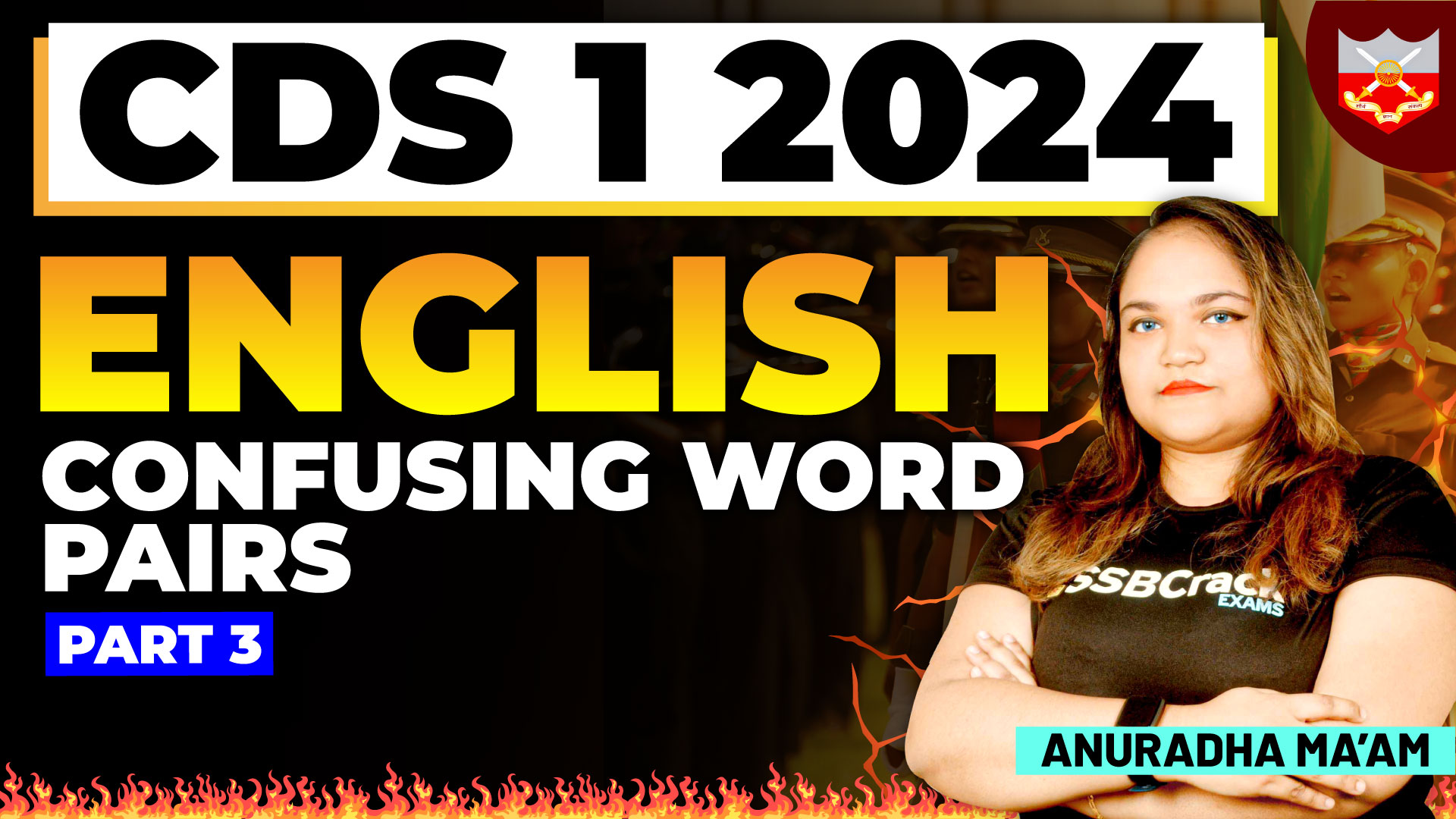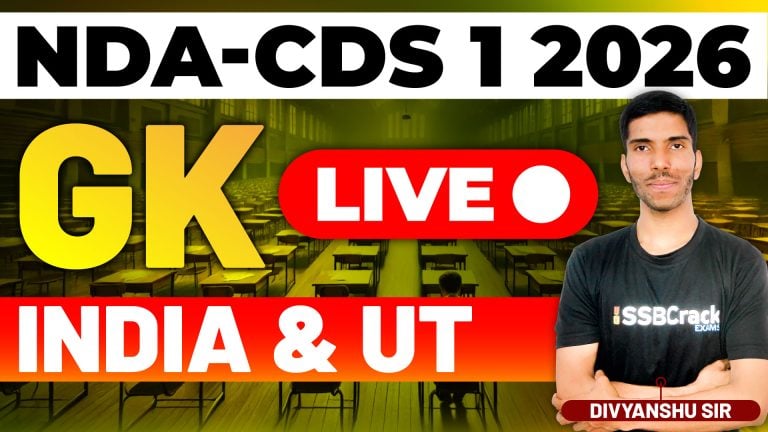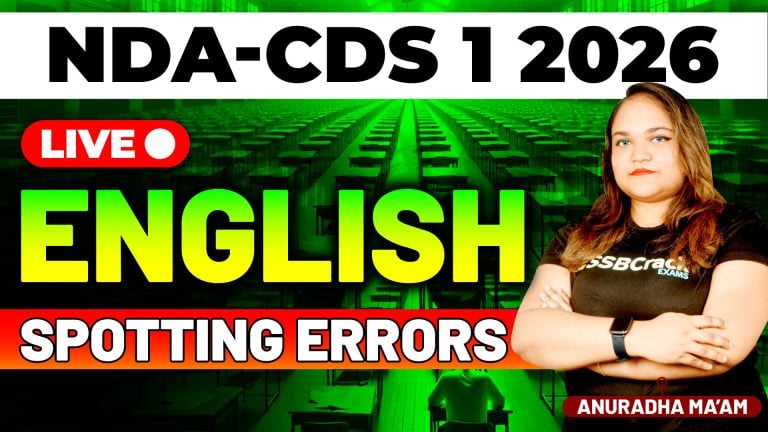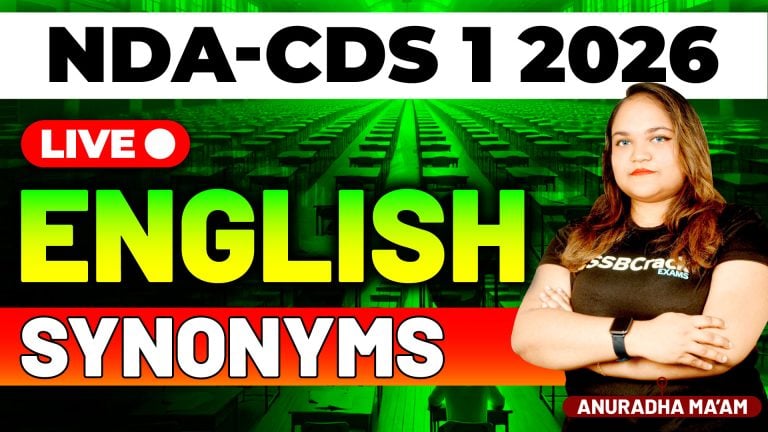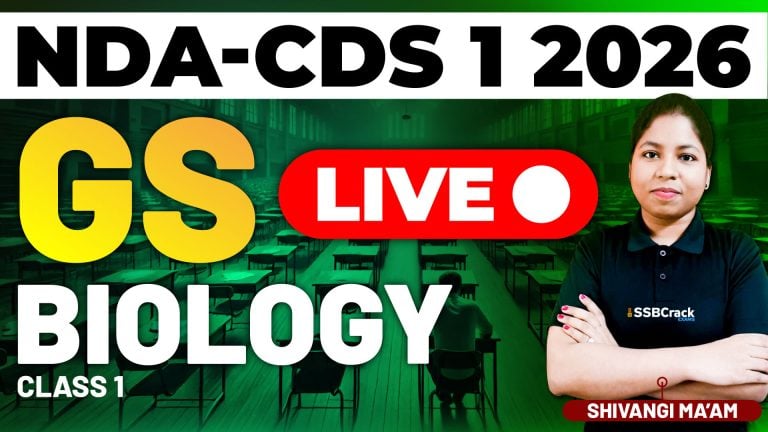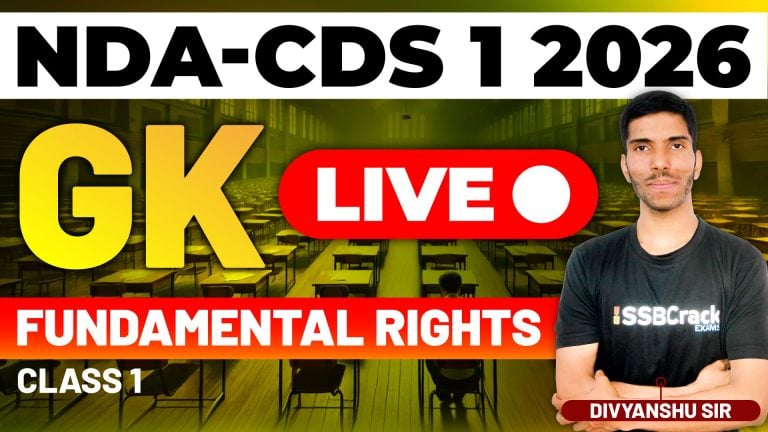The Combined Defence Services (CDS) examination stands as a significant milestone for individuals aspiring to serve in the esteemed armed forces. Within the English section of the CDS exam lies a myriad of linguistic challenges, with certain words standing out for their perplexing nature. This article aims to shed light on some of the most confusing words in English vocabulary encountered in the CDS exam, providing clarity and guidance for candidates navigating this intricate linguistic landscape.
Ø Jealous VS Zealous
•Jealous = envious
He is not liked by anybody because of his jealous nature.
•Zealous = enthusiastic
She is very zealous about her new book.
Ø Knap VS Nap
•Knap = crest of a hill; break with a hammer
We unfurled the flag at the knap of the hill at 6.30 P.M.
He knapped the glass box to uncountable pieces.
•Nap = a short sleep
You should use your lunch hour to have a nap in your chair.
Ø Knob VS Nob
•Knob = handle
He turned the knob and pushed against the door.
•Nob = rich person
The nobs, who live in that big house are very generous.
Ø Knock VS Nock
•Knock = to rap
Someone had knocked him unconscious.
I heard a knock at the front door.
•Nock = a notch in an arrow
I was shaking and had trouble getting the arrow nocked.
Ø Knot VS Naught VS Not
•Knot = fastening in cord
He tied a knot at the end of the lace.
•Naught = zero
Sales rose by naught point four percent last month.
•Not = negation
He was not present in the party.
For more words, check out Top 30 Most Confusing Word Pairs In English | Part 3 | CDS 1 2024 | UPSC
Conclusion:
Navigating the English section of the CDS exam can be daunting, especially when faced with words that seem interchangeable or confusing. However, by understanding the distinctions between these commonly confused words and practicing their usage in context, candidates can approach the exam with confidence and clarity. Through diligent study and attention to detail, mastering these nuances in English vocabulary will not only enhance performance in the CDS exam but also serve as valuable skills for effective communication in the dynamic environments of the armed forces.
